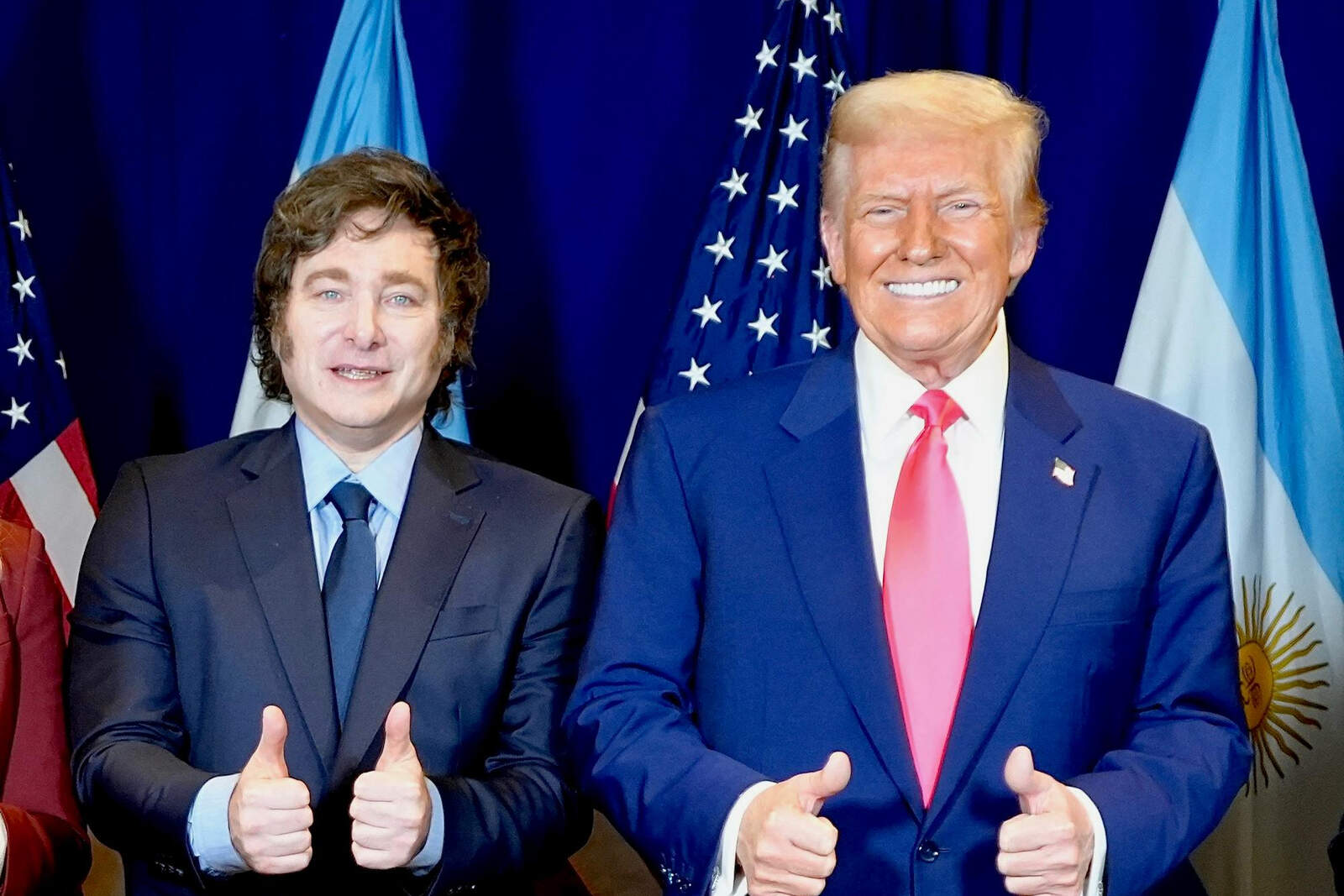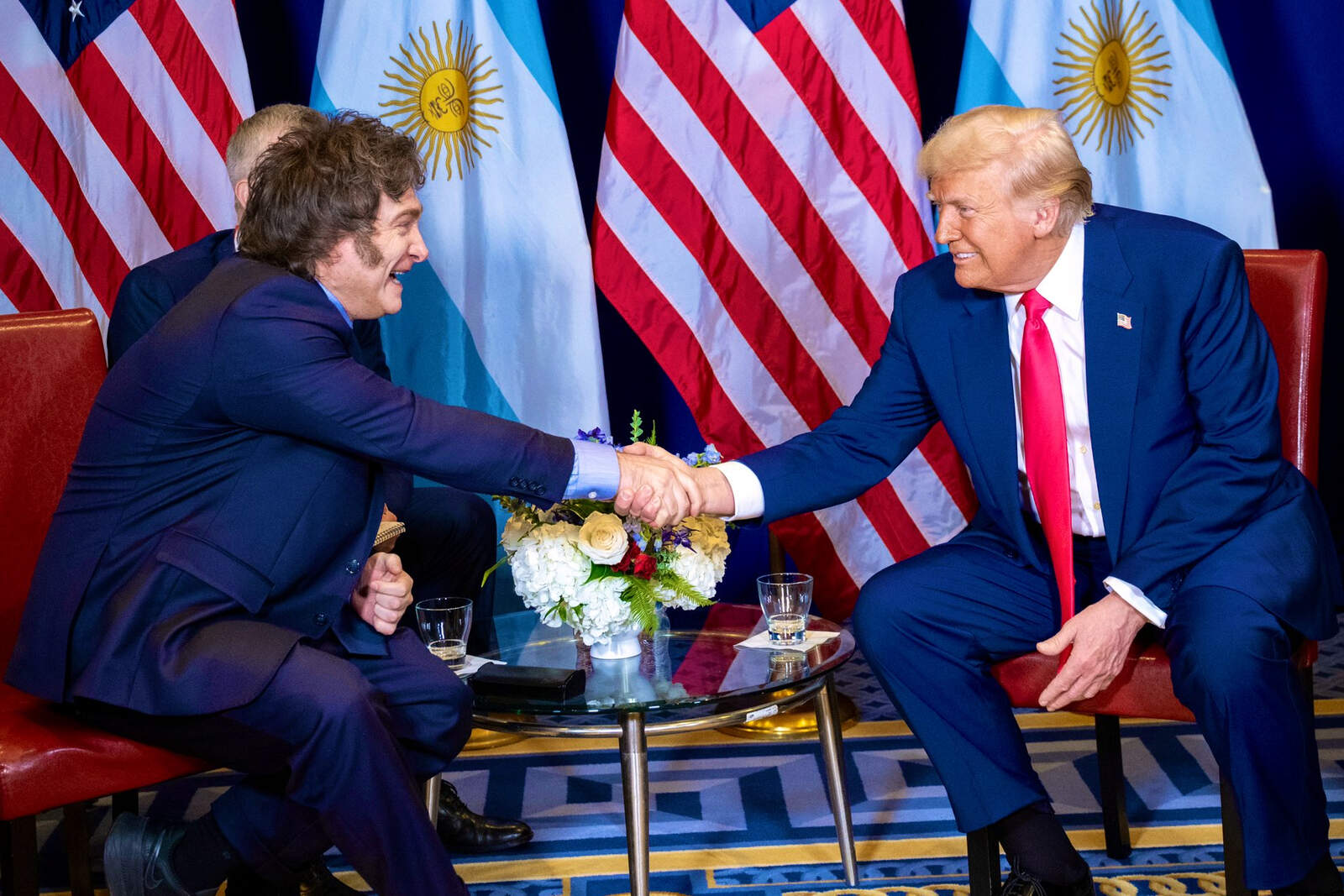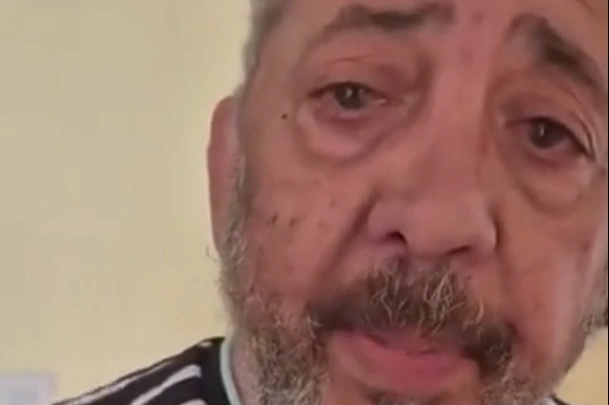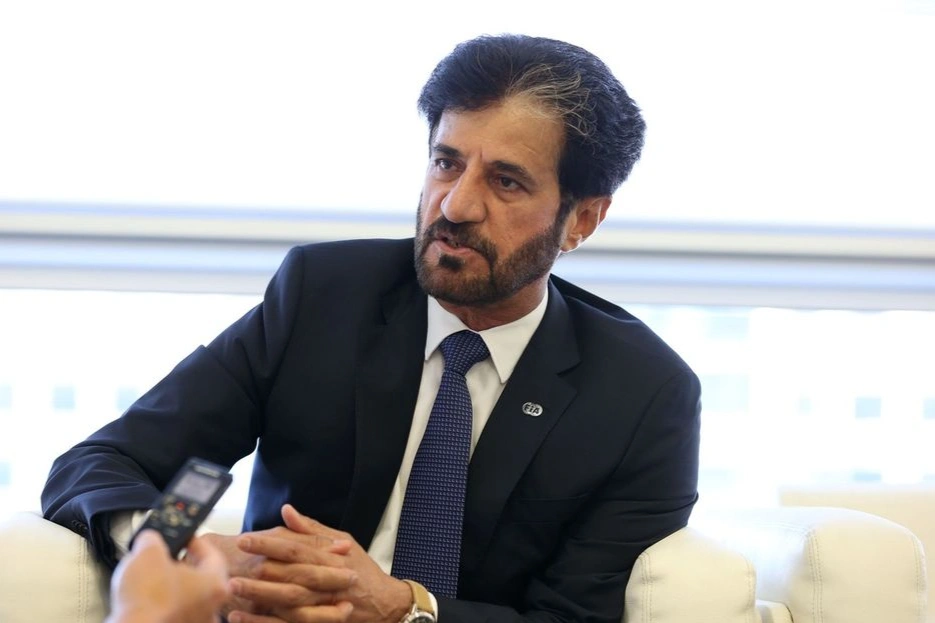The Donald Trump administration has officially expressed to the courts its support for Argentina in the case regarding the expropriation of YPF, a lawsuit that has lasted a decade and for which the Argentine State was ordered in the first instance in 2023 to pay more than USD 16,000 million, due to irregularities in the nationalization of the oil company in 2012, during the administration of the corrupt Cristina Kirchner.
The United States intervened as amicus curiae, that is, as an interested party collaborating with the court, through a submission to the Second Circuit Court of Appeals in New York, with the aim of assisting the administration of Javier Milei. In the document, it recommended that the court “should stay the order to transfer (the YPF shares) pending the final resolution of Argentina's appeal.”
“The Argentine government has obtained the support of the United States Department of Justice in its request to suspend the order to deliver the YPF shares, issued by Judge Preska last June 30,” explained the National Treasury Attorney's Office, the agency responsible for coordinating the national government's legal defense.

“This is not a minor endorsement and should not be taken for granted. It is enough to recall that in 2019, during the presidencies of Macri and Trump, the United States Supreme Court requested the U.S. government's opinion on the jurisdictional immunity invoked by Argentina. Back then, the U.S. government appeared as amicus curiae and issued an opinion against our country,” stated the agency led by Santiago Castro Videla.
“The situation has changed. President Milei's administration has managed, in less than a year and under two different administrations (Biden and Trump), to have the United States Department of Justice support Argentina's position in this case. This is a significant event that reflects a coherent and clear foreign policy, aimed at defending the national interest, and also demonstrates the seriousness of the submissions and the strength of the legal arguments presented by the Argentine State,” they emphasized.
It is important to note that these types of statements are not binding, and judges may make decisions different from those suggested by the Department of Justice.









